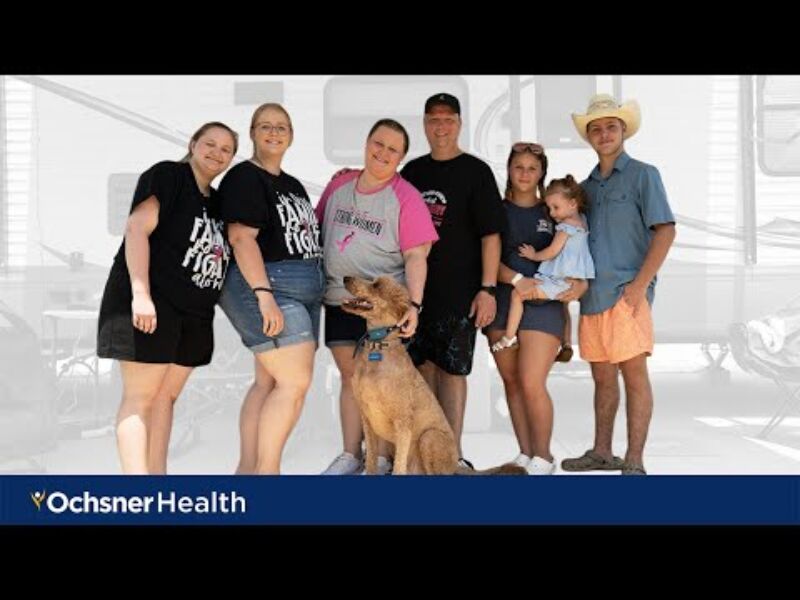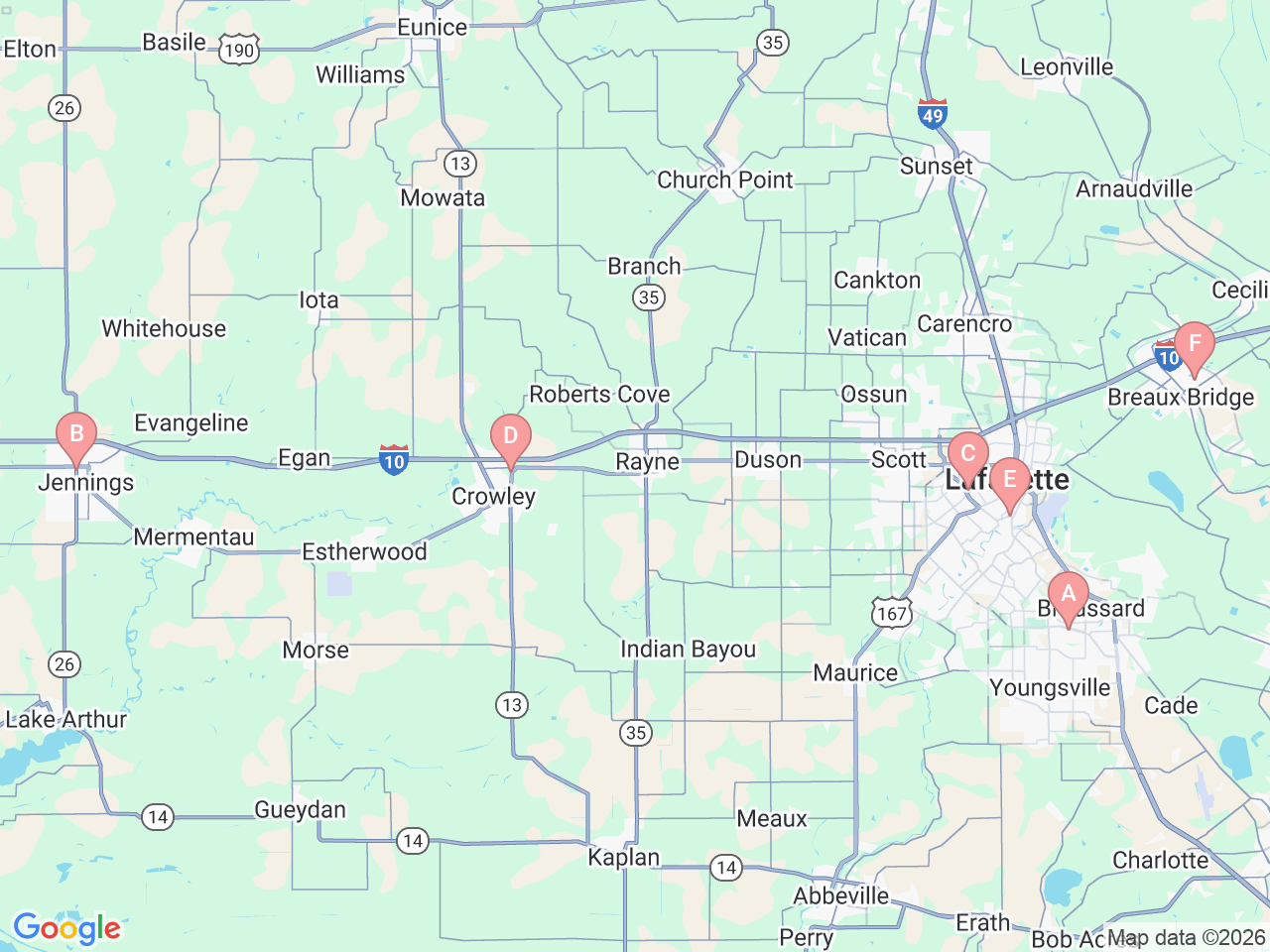Why choose Ochsner Lafayette General for your breast care?
Breast health is essential to your overall well-being, and at Ochsner Lafayette General in Lafayette, Louisiana, we’re here to provide the expert care you deserve. Our breast care program offers comprehensive services for screening, diagnosing, and treating both benign and cancerous breast conditions. With a patient-focused approach and advanced care options, we’re committed to supporting you at every stage of your breast health journey.
Personalized care you can trust
Every patient is unique, which is why our team takes the time to create individualized breast health plans tailored to your medical history, concerns and risk factors. Our approach means your care is guided by a team of experts who bring their specialized knowledge together to deliver the best possible outcomes.
Women at a higher risk for developing breast cancer receive specialized attention through the Ochsner Lafayette General high-risk breast clinic. Here, we provide options for enhanced monitoring and proactive breast cancer prevention strategies, giving you the tools to confidently manage your health.
Recognized for excellence
The Ochsner Lafayette General Breast Center stands as a designated American College of Radiology Breast Imaging Center of Excellence. This recognition reflects our dedication to providing high-quality, accurate imaging services as part of a comprehensive approach to breast care.
A collaborative approach to your health
At Ochsner Lafayette General, our breast care doesn’t stop with our center. Our team works closely with Ochsner specialists, including oncologists and primary care physicians, to ensure seamless and coordinated care. From diagnosis and treatment to ongoing support, you’ll benefit from a network of medical professionals committed to your well-being.
Take charge of your breast health today
Your breast health matters. Whether you’re seeking routine screenings, advanced diagnostics, or expert treatment, Ochsner Lafayette General is your trusted partner. Schedule your appointment today and discover compassionate, innovative care designed just for you.





